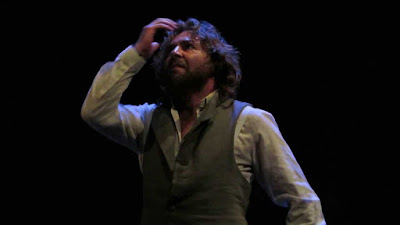Great examples of empowerment despite their lives. 1st part.
"In life there is nothing to fear, you just have to understand"
The person who said these words lived in a scientifically macho era, she saw his mother die when she was 10 but left her daughter a strong teaching along with her father: There is nothing that you cannot do if you do not make an effort for that. .
As good Russian state of 1890, the universities had "the Salic law of education" and she therefore went to Paris with her family; she changed her name, her way of being, her thought from one amancipated to one empowered and, thanks to that, saw in science an opportunity for empowerment and knowledge.
She graduated from the Sorbonne at the age of 27, with linguistic and monetary difficulties, she showed us that women are capable of everything; When she left university, she was positively a stranger (I am excited just thinking about it), when she started working in a laboratory she met a man who complemented her and, with him for support, her work was recognized by everyone.
Staying alone or with her husband by her side, she discovered elements such as radium, uranium and polonium, they had two daughters and earned them the Nobel Prize in Physics (the first time for a couple) in 1903. A somewhat funny anecdote: They did not go to Stockholm because they were withdrawn and very shy (he, more than anything, she wanted to go but they were very harassed by their work).
But as they say "Much of something is not good" and her work was costing her life: She had suffered an abortion because of her work; he showed signs of being ill. Despite adversity, they continued working, especially her hard to show that we are not fragile bodies and "easy to break."
There were three moments in her life that really showed me her strength and perseverance: it was in 1906, he had walked on a Paris street in the rain when a carriage fell on him, killing him instantly and she felt that she was falling apart and fell into a deep depression but continued to strive for his memory, their two beloved daughters and their reciprocated love.
She said NO! She went to war because she saw that they used her elements for chemical weapons, she protected her elements with the help of the French government and she helped as a volunteer along with her daughters in the First World War for France.
in the end, in 1934, her job cost her life (is what I believe) because being around deadly risky elements caused her body to react in a negative way and she died of cancer at the age of 66. Why she? Her intelligence, audacity, optimism and perseverance led her to the highest scientific standards and her work led to world recognition.




Comentarios
Publicar un comentario